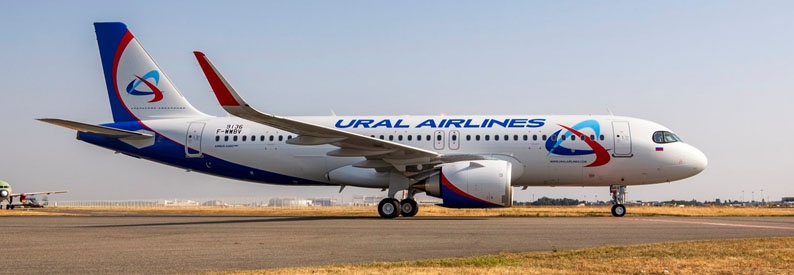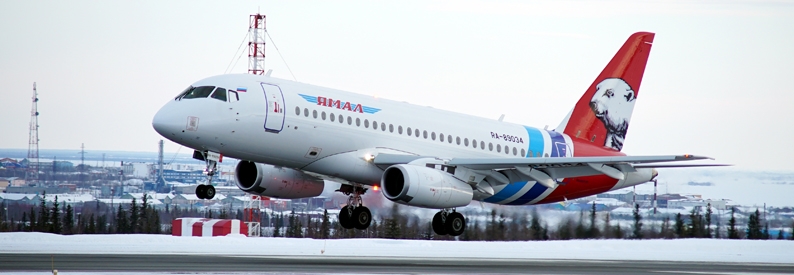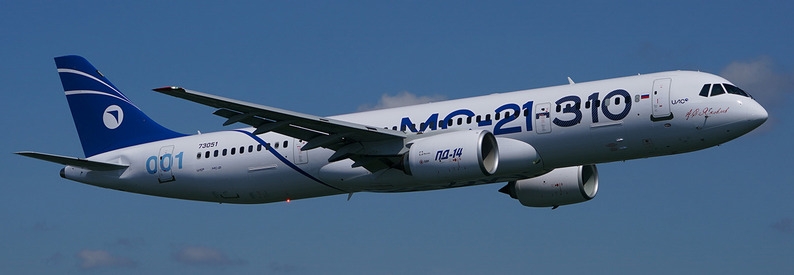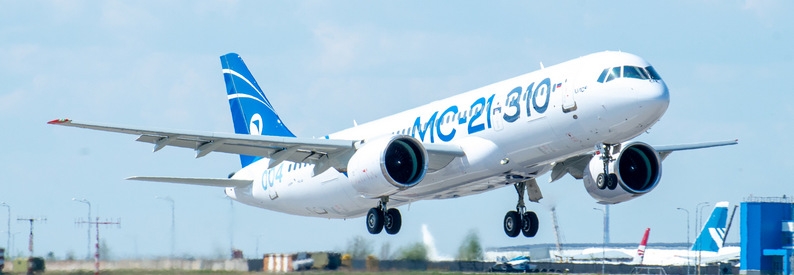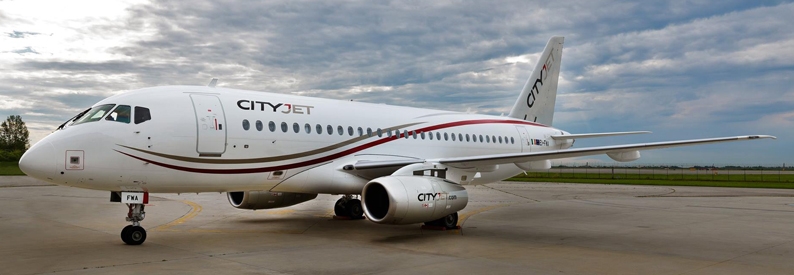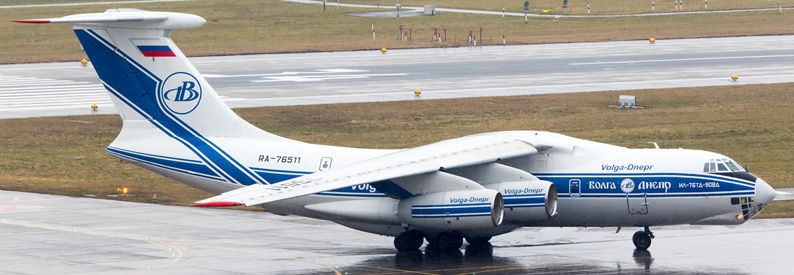The European Union Aviation Safety Agency (EASA) has enacted further restrictions on the Russian civil aviation industry by suspending the type certificates of Russian-made aircraft. It has also withdrawn Part 145 approvals from Russian maintenance organisations as well as Third Country Operator (TCO) certificates from all Russian airlines.
The European regulator in a statement said it will no longer permit the following types to operate in its supervised airspace:
- the Irkut SSJ 100/95,
- the Beriev Aircraft Company BE-103 and BE-200ES-E,
- the Tupolev Design Bureau Tu-204-100,
- the Aeronautical Center Augur AL30, and
- the Russian Helicopters Ka-32.
Currently, no airline under EASA jurisdiction operates any of the types. And in light of airspace bans preventing Russian airlines from flying to the European Union, SSJ100/95s or Tu-204s no longer overfly the bloc.
Previously, the aviation authorities in Bermuda and Ireland, where most of the aircraft leased by Russian entities from foreign firms were registered, suspended the certificates of airworthiness of all aircraft under their purview. As a result, the vast majority of aircraft operated by Russian carriers, regardless of type, are now considered unairworthy in the European Union although Russia has enacted legislation that both extends affected COAs' validity until September and also allows for their transfer to the Russian register.
Russian state-owned industrial holding Rostec said in a statement it would evaluate the possibility of restarting the production of Tu-214 and Il-96-300 aircraft. The types have already been certified and may thus be brought to market relatively quickly as an interim measure pending the development of the SSJ100/95-NEW - a variant of the regional jet using all-Russian-made components - and the MC-21-300 narrowbody.
EASA has also suspended Part 145 maintenance approvals of 39 Russian entities, including the in-house maintenance facilities of some of the country's largest airline holdings, such as Aeroflot Group, S7 Group, Volga-Dnepr Group, and Ural Airlines. The withdrawal affects not only Russian airlines but also any third-party operators that may enlist these MRO providers to maintain their fleet. Such maintenance will no longer be recognised by EASA.
The decision also suspends TCO authorisations held by 43 Russian airlines. While the lack of a TCO does not affect the validity of the affected carriers' Russian air operator's certificates (AOCs), it means they will no longer be able to transit EASA-supervised airspace unless they have been exempted.
EASA type certificate holders and other design approval holders have also been prohibited from providing continuing airworthiness support, or any other form of technical support, to aircraft registered or designed in Russia or operated by a Russian operator.
The regulator said it would not consider any new applications for certificates or approvals from Russian entities for the time being.
EASA's reaction was prompted by the wide-ranging sanctions imposed on Russia for its invasion of Ukraine, which started on February 24, 2022.
In a separate Safety Information Bulletin, EASA warned operators of likely problems with Global Navigation Satellite Systems (GNSS) readings when flying near the Russian airspace. It said it had noticed an increased occurrence of jamming or spoofing (data manipulation) of GNSS services near the Kaliningrad region, in Eastern Finland, over the Black Sea, and the Eastern Mediterranean area near Cyprus, Turkey, Lebanon, Syria, and Israel, as well as Northern Iraq.

